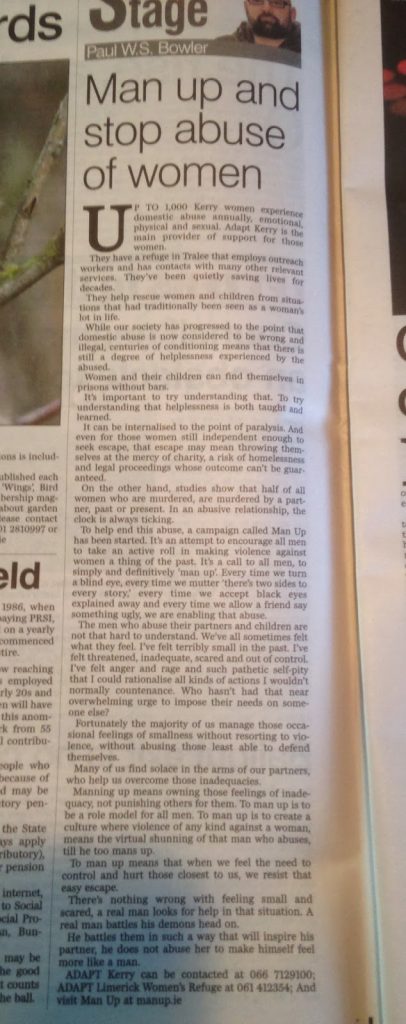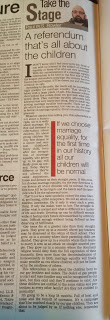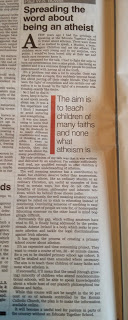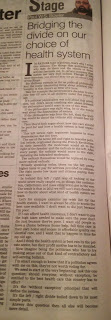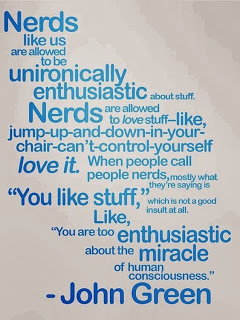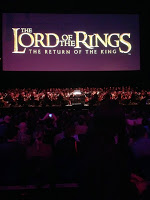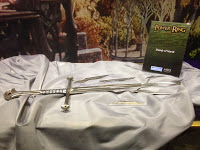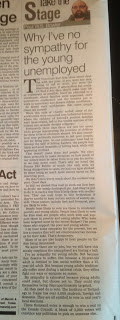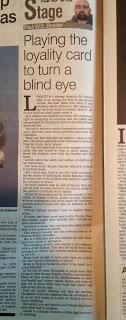My column in The Kerryman. 11 December, 2013
Up to 1000 Kerry women experience domestic abuse annually, emotional, physical and sexual. Adapt Kerry is the main provider of support for those women. They have a refuge in Tralee that employs outreach workers and has contacts with many other relevant services. They’ve been quietly saving lives for decades. They help rescue women and children from situations that had traditionally been seen as a woman’s lot in life.
While our society has progressed to the point that domestic abuse is now considered to be wrong and illegal, centuries of conditioning means that there is still a degree of helplessness experienced by the abused. Women and their children can find themselves in prisons without bars.
It’s important to try understanding that. To try understanding that helplessness is both taught and learned. It can be internalised to the point of paralysis. And even for those women still independent enough to seek escape, that escape may mean throwing themselves at the mercy of charity, a risk of homelessness and legal proceedings whose outcome can’t be guaranteed. On the other hand, studies show that half of all women who are murdered, are murdered by a partner, past or present. In an abusive relationship, the clock is always ticking.
To help end this abuse, a campaign called Man Up has been started. It’s an attempt to encourage all men to take an active roll in making violence against women a thing of the past. It’s a call to all men, to simply and definitively man up. Every time we turn a blind eye, every time we mutter ‘there’s two sides to every story,’ every time we accept black eyes explained away and every time we allow a friend say something ugly, we are enabling that abuse.
The men who abuse their partners and children are not that hard to understand. We’ve all sometimes felt what they feel. I’ve felt terribly small in the past. I’ve felt threatened, inadequate, scared and out of control. I’ve felt anger and rage and such pathetic self-pity that I could rationalise all kinds of actions I wouldn’t normally countenance. Who hasn’t had that near overwhelming urge to impose their needs on someone else?
Fortunately the majority of us manage those occasional feelings of smallness without resorting to violence, without abusing those least able to defend themselves. Many of us find solace in the arms of our partners, who help us overcome those inadequacies.
Manning up means owning those feelings of inadequacy, not punishing others for them. To man up is to be a role model for all men. To man up is to create a culture where violence of any kind against a woman, means the virtual shunning of that man who abuses, till he too mans up.
To man up means that when we feel the need to control and hurt those closest to us, we resist that easy escape. There’s nothing wrong with feeling small and scared, a real man looks for help in that situation. A real man battles his demons head on. He battles them in such a way that will inspire his partner, he does not abuse her to make himself feel more like a man.
ADAPT Kerry can be contacted at 066 7129100
ADAPT Limerick Women’s Refuge at 061 412354
And visit Man Up at manup.ie
